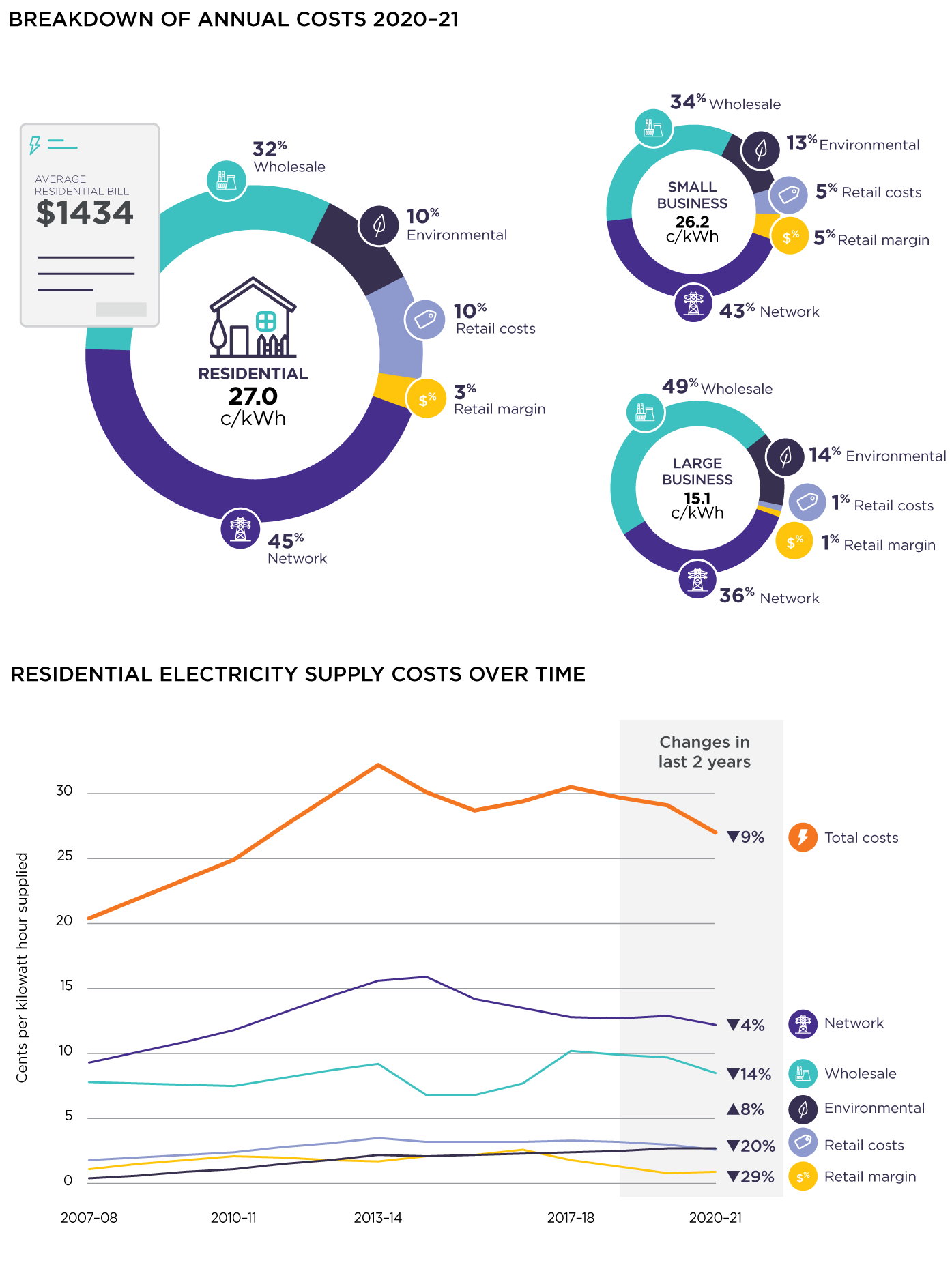It has all of the ingredients the Australia tax: politics, ineptitude, vested interests, fiscal mismatches and massive wasted capital investment.
It is, wait for it, poles and wires!
Investment in new, clean electricity supply is not happening fast enough to replace closing coal power stations and the grid build-out lags what is needed for the energy transition, the head of the Australian Energy Market Operator will warn on Tuesday.
Daniel Westerman will say that investments are also urgently needed in “firming” technologies – such as pumped hydro, batteries and gas – to fill in the gaps when renewable energy is not available, with storage needing to expand by a factor of 30 by 2050.
…Mr Westerman will say that the transmission links connecting states in the grid are “already maxing out”, with the result that the volume of solar and wind generation having to be curtailed due to lack of grid capacity has grown by almost 40 per cent in just 12 months.
Never fear, the solution is here:
Transgrid chief executive Brett Redman says one way to overcome community opposition to big electricity transmission projects in the regions is to offer larger payoffs to farmers, but still more transparency and consultation is required to ease hostility.
Compensation paid to landowners, for building the poles and wires on their property that are needed to connect new wind and solar projects to the electricity grid, has doubled to about $400,000 a kilometre, Mr Redman told an energy conference in Melbourne.
“So that helps,” he said. “At another level though, it’s a very emotional confronting change, particularly when you’re looking at multi-generational farming, multi-generational ownership of land.”
Good for whom? Certainly, not consumers, who will foot the bill.
Trangrid is one of the few privatised poles and wires firms. Most are publically owned and operate on alleged cost-plus models of regulated pricing.
The problem is, the models incentivise investment by rewarding rates of return on it. This leads to gold plating that is passed onto consumers in the form of higher prices.
For instance, during the formation of the east coast gas cartel and its investment of $60bn on three LNG export terminals, Australia’s network corporations spent the same amount on gold-plating eastern infrastructure for no apparent gain.
The price of this capital misallocation used to be even larger than the effect of the gas cartel on wholesale energy, though that has changed since the Ukraine War:
The public networks should long ago have been reined in but the state governments that own them love the profits.
The failure to reform this systematic gouge will now deliver a new network price shock hidden within the moral good of the energy transformation.
That will mean that all three components of the grid will simultaneously be gouging consumers:
- the gas cartel will drive wholesale energy costs higher;
- the retailers will use the higher wholesale costs to muscle out margins, and
- the network firms will over-invest into poles and wires when many communities should be mulling energy decentralisation.
Hilariously, the energy transition is to free energy. Yet the National Electricity Market will now produce, transmit and sell exorbitant power to every Australian east of WA.
My suggestion is to invest in your own production, network and storage as soon as you are able.


